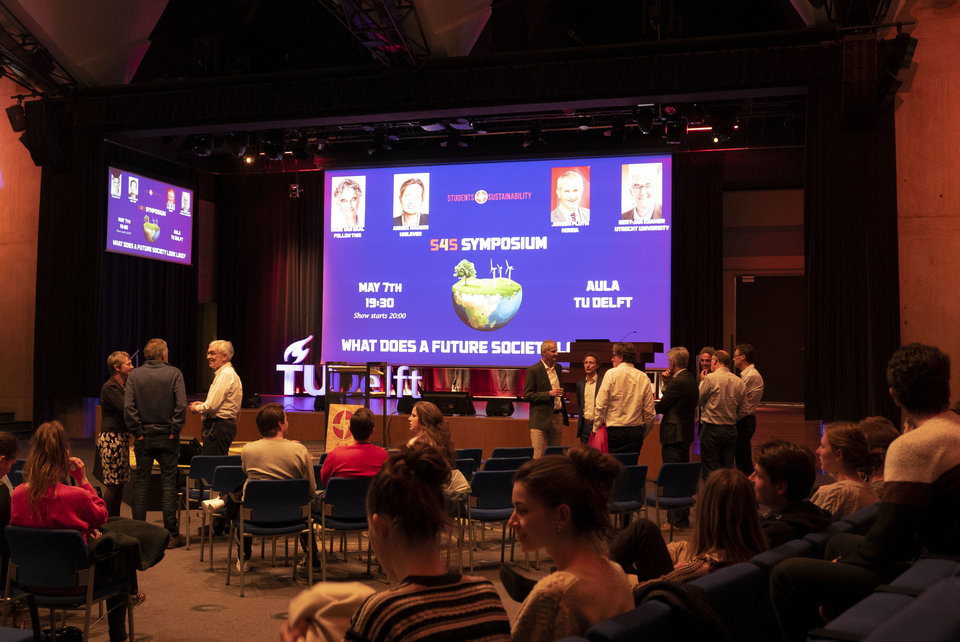With 100% of the money received from our donators, we give students the opportunity to make a difference by setting up technical projects in developing countries.
The mission of S4S is to stimulate sustainability on different levels, on a small scale as well as worldwide. S4S wants to inform and inspire students about the possibilities that sustainable technologies have to offer, by organizing activities such as lectures and workshops. This way, students are challenged to think outside the box and generate new ideas of how their knowledge can be put into practice.
Subsequently, S4S can offer these students the chance to realize their ideas on a global scale in the form of a development project. On the one hand by offering them financial support, on the other hand by sharing experience and knowledge. This way, the growing gap between Western countries and developing countries can be overcome.
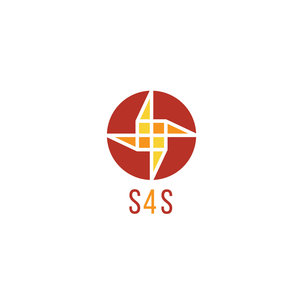
- +31 6 40028961
- info@students4sustainability.nl
- https://www.students4sustainability.nl/en
-
Kanaalweg 4, 2628EB Delft
Mekelweg 8, 2628 CD Delft
Projects
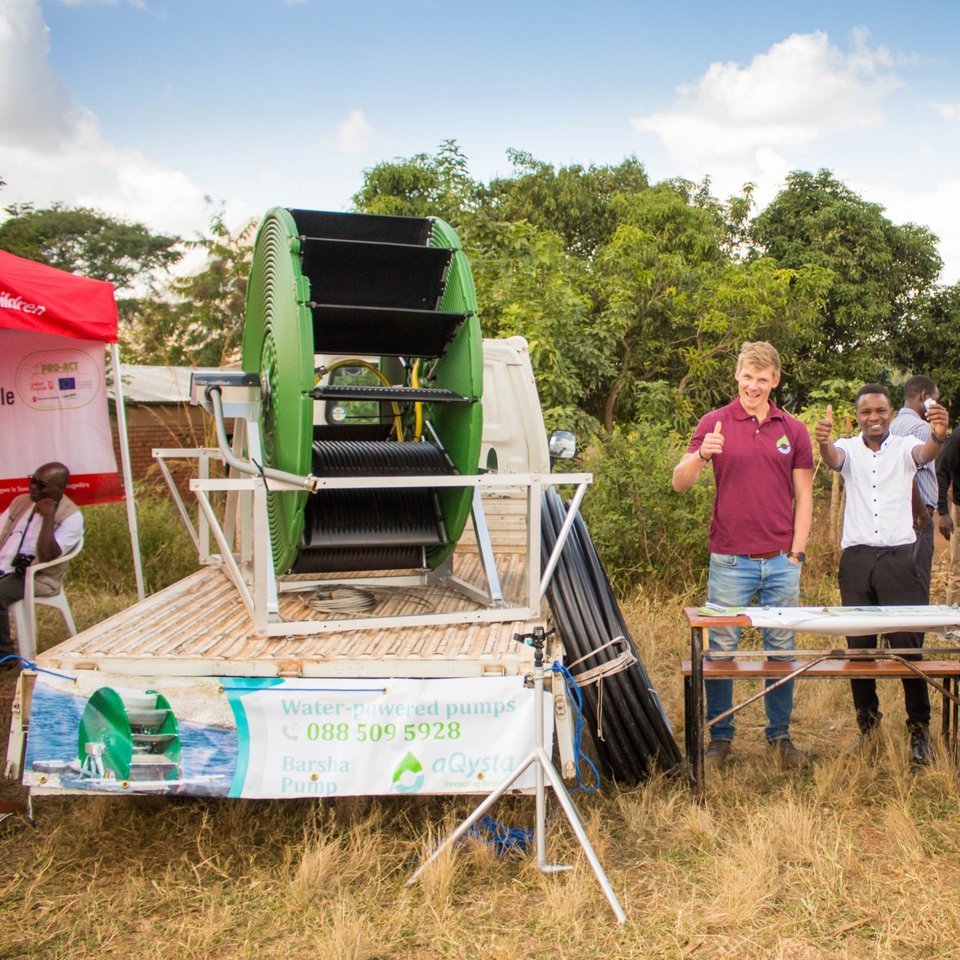
Basha Pump
Ruben is a Msc Water Management student performing his Thesis research in Malawi. Most Malawians are smallholder farmers, meaning they farm on only a very little portion of land, and they often purely rely on highly variable rain as a source of water. Given the large number of smallholder farmers and the many challenges they face, improving irrigation to water crops is an attractive opportunity to secure food and develop rural areas. aQysta has developed a simple and robust water pump, called the Barsha Pump, that harnesses the energy of the flowing water to lift it out of the river and push it to the agricultural plots. It therefore doesn’t require labour or expensive and polluting fuels like many of its alternatives. Currently, S4S is helping Ruben to fund a Barsha pump at a smallholder location where the people don’t have the means to afford this kind of technology.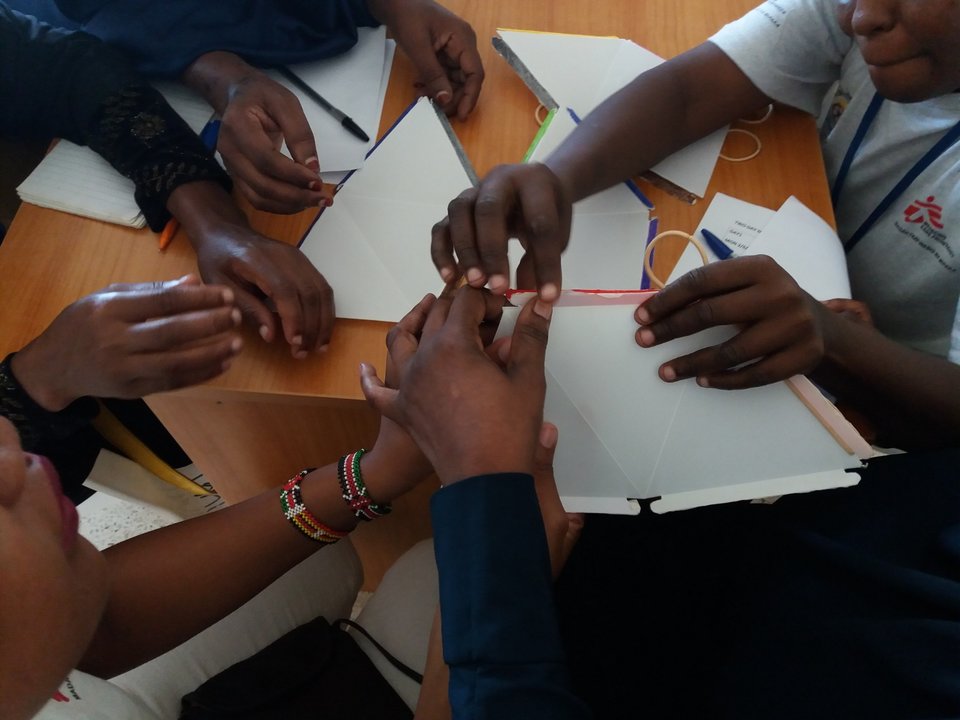
Nosquito Bait
Nosquito is a design team of four master students from Delft University of Technology at the faculty of Industrial Design Engineering. Together with MSF (Medicines Sans Frontières) it is their mission to significantly reduce malaria infection by mosquitoes in Kenya.For this project they focus on a new type of mosquito bait that can be placed indoors. A researcher from KEMRI (Kenya Medical Research Institute) has made a simple first prototype, consisting of a bucket, a cloth, sponge and a liquid mixture. The mosquitoes are attracted to the mixture and then killed by the ivermectin component within 48 hours of drinking the mixture. For our project we are working on improving the first prototype of the KEMRI researcher and implementation and education program for local residents.
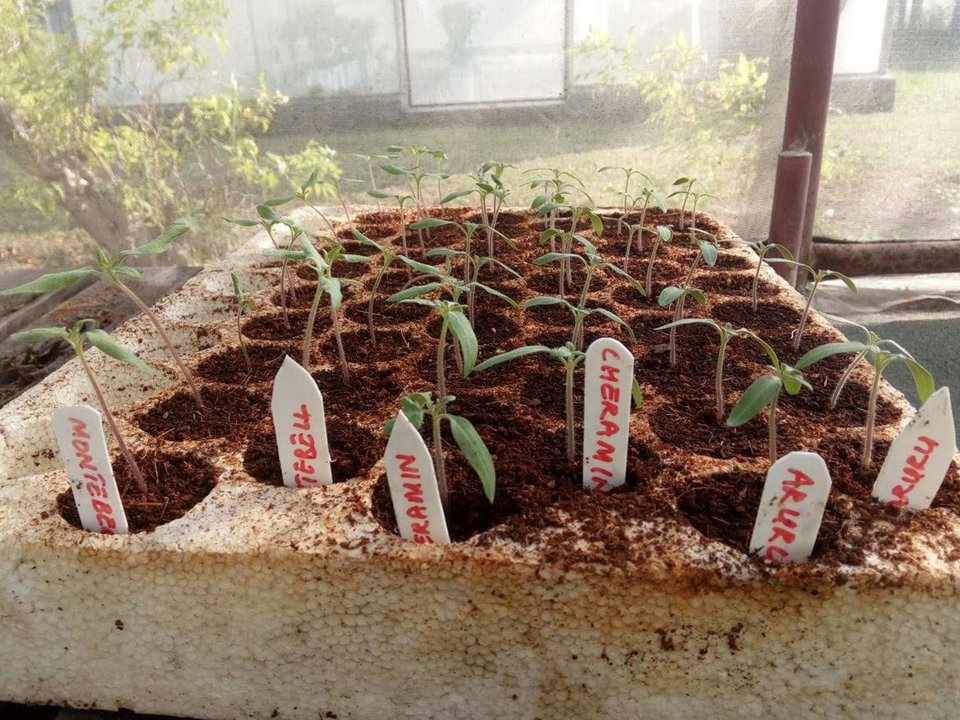
Maldives matter
The lack of agriculture in the Maldives due to climate and knowledge results in a big problem: 90% of its food is being imported. This causes high CO2 emmission due to transport (the food comes from all over the world), a big cashflow that doesn’t stay at the local communities, a high dependency on foreign countries and lack of knowledge and education because of a lack of this industry. Therefore, a high-tech greenhouse in the Maldives is funded by S4S.This greenhouse cools during night to enlarge the difference in day and night temperature. This way it is possible to produce crops that can’t be grown nowadays. The greenhouse does not only provide the locals and the Maldivian tourist sector with fresh vegetables but also renewable electricity and fresh drinkable water.
Groups
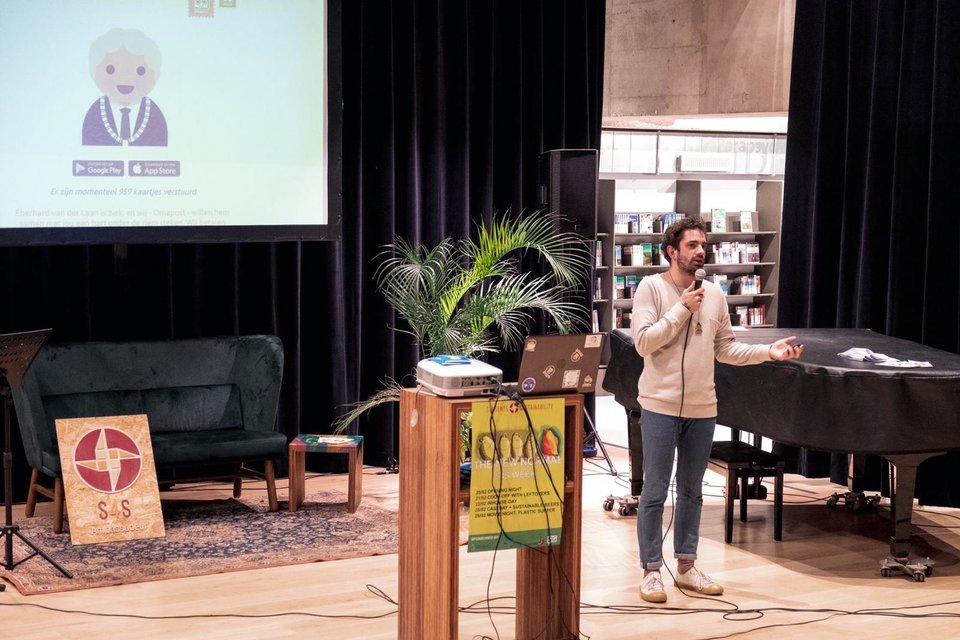
S4S week
The S4S week is organised by a subcommittee of five members. This week, at the end of February, includes activities, workshops and lectures dedicated to sustainability.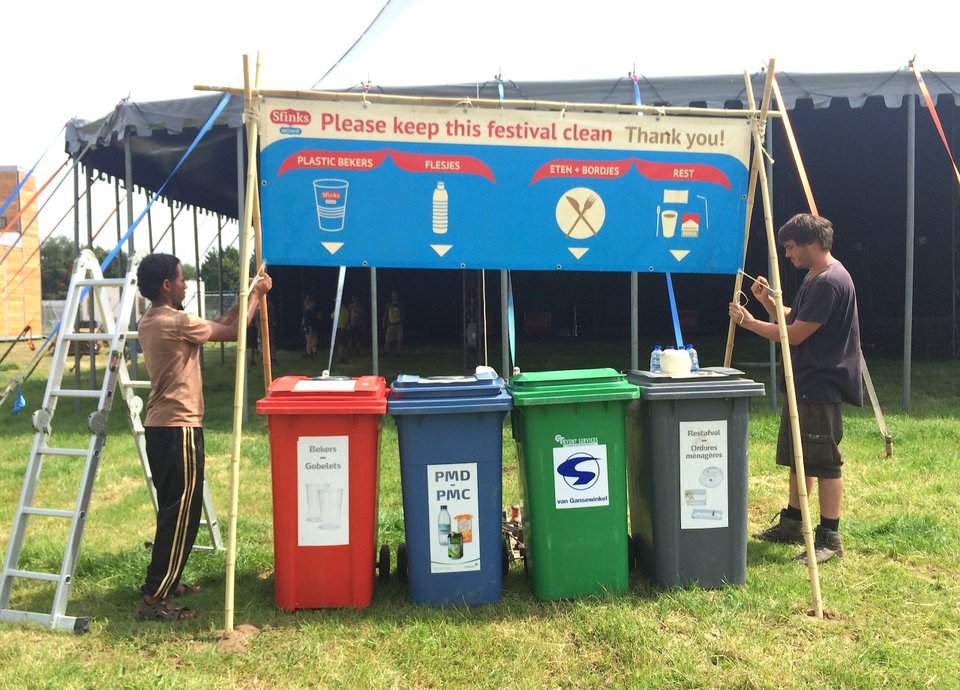
Festable
New this year! A group of 6 students will organise a sustainable festival. There will be workshops, stands of old project, music and of course sustainable food and drinks.